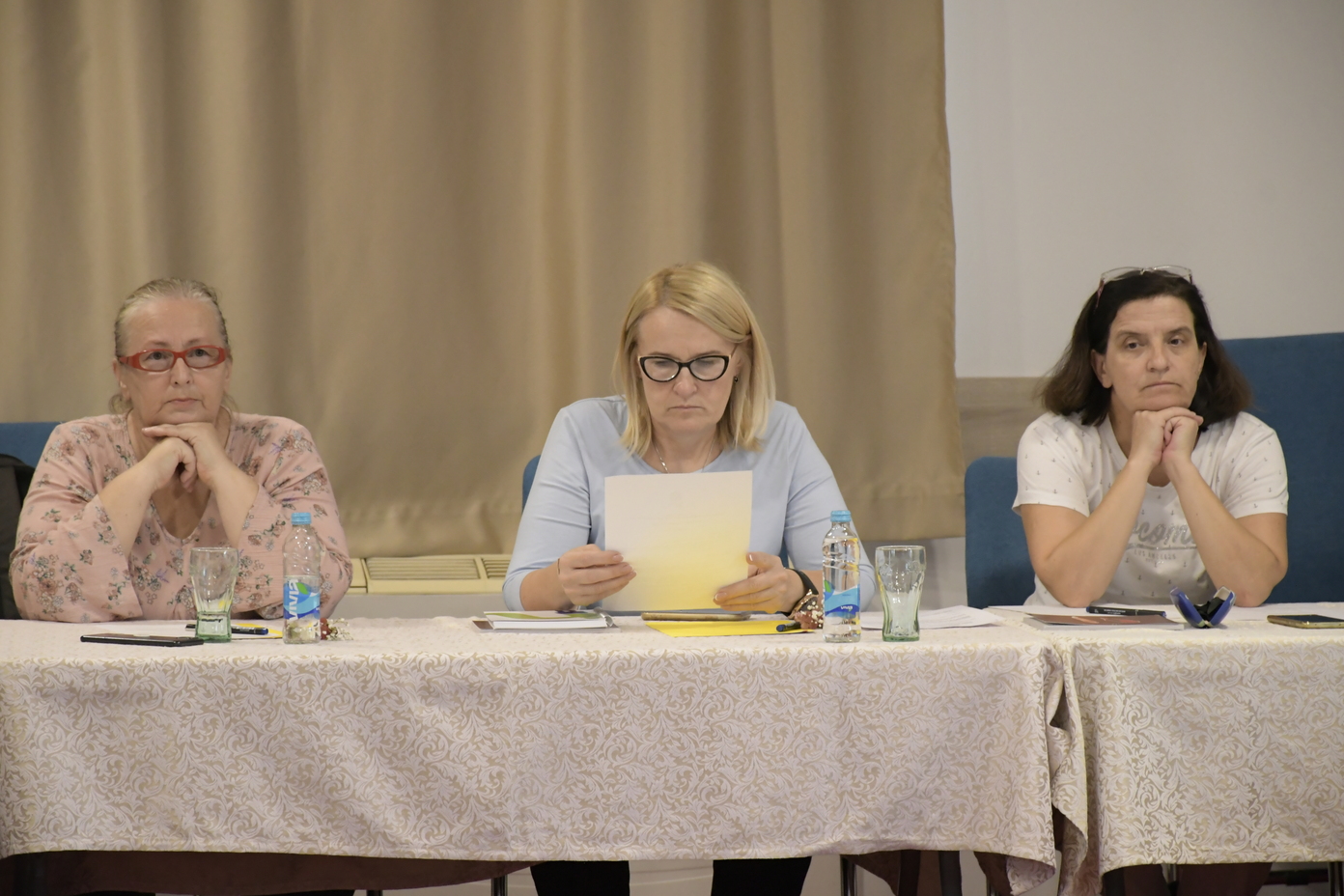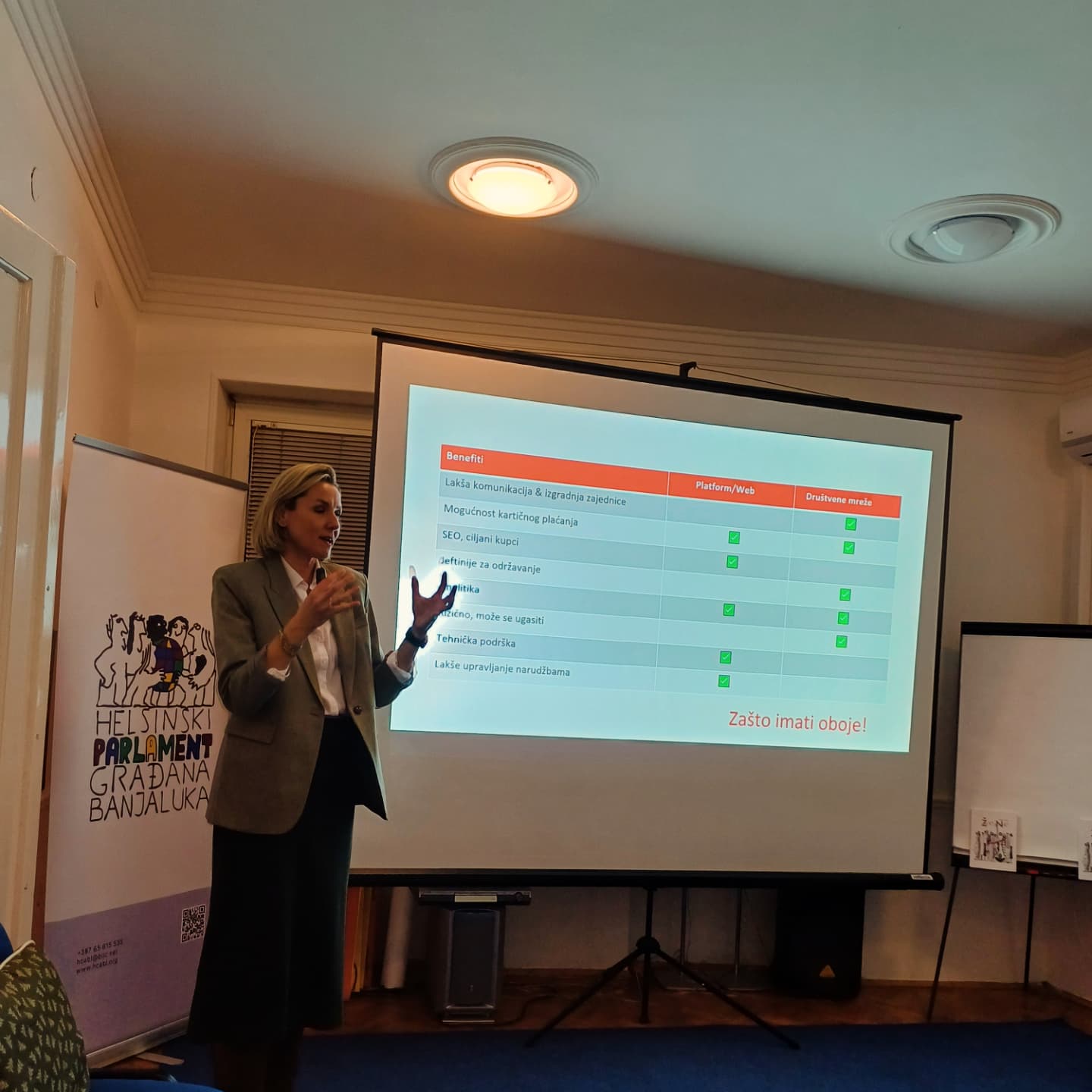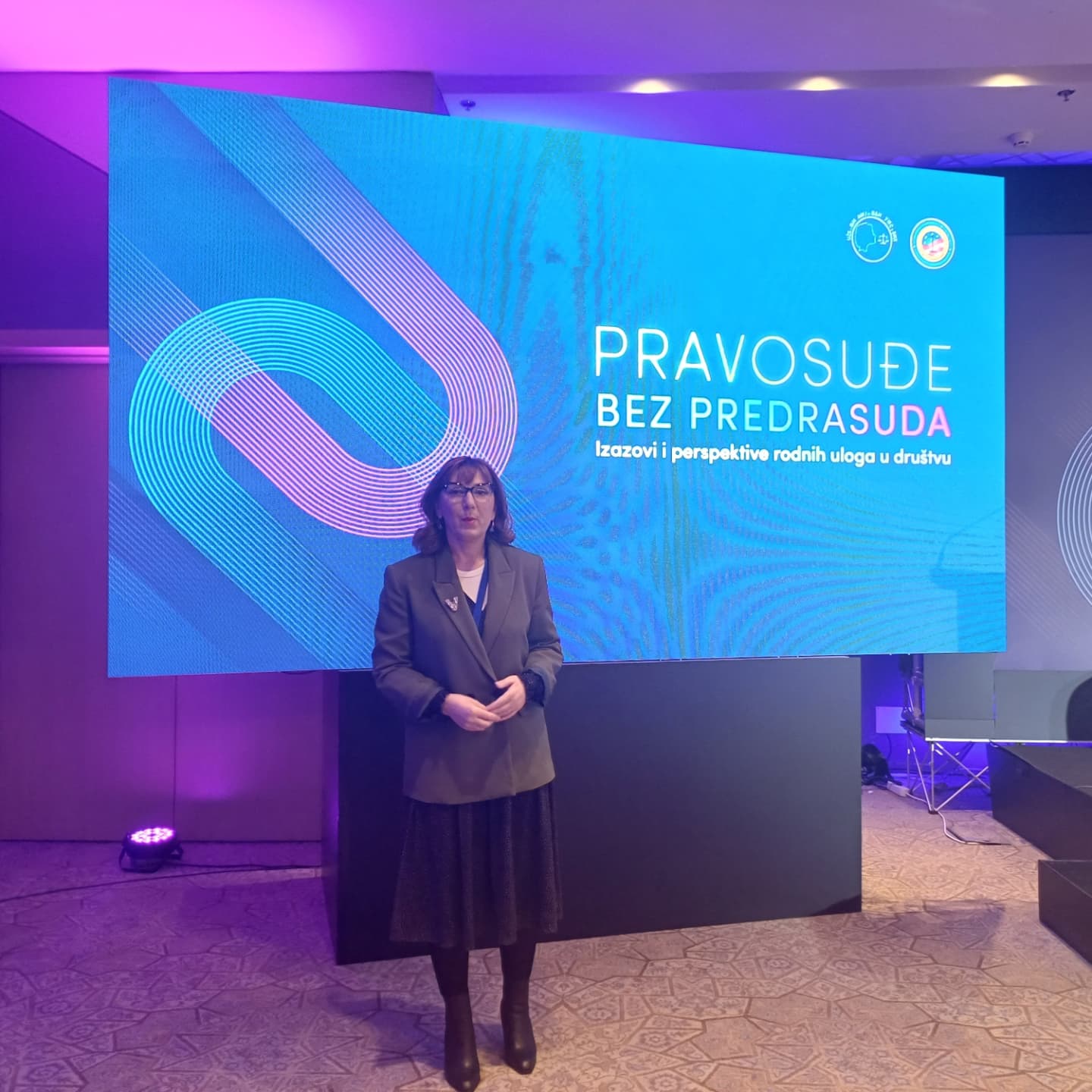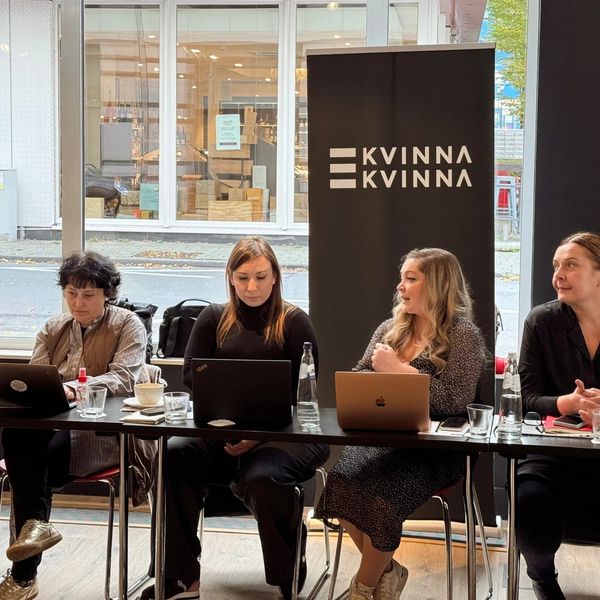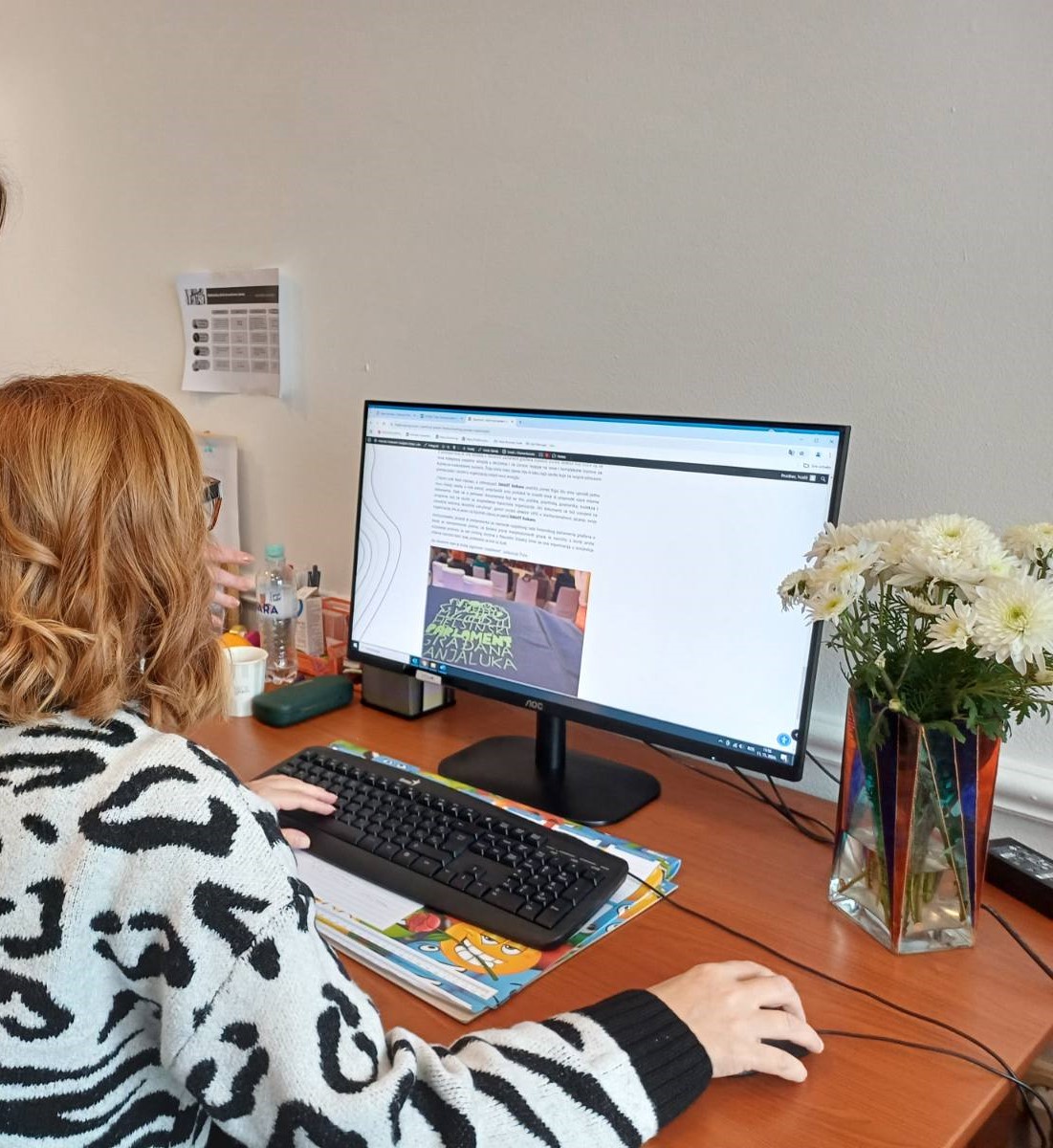Achieving trust and reputation and preserving it among citizens is the most important thing for a non-governmental organization, and when a project is finished, the process still needs to be monitored, said Džemila Agić, director of the Center for Ecology and Energy Tuzla, which exists more of 20 years.
We talked with Džemila about the participation of citizens in environmental issues and other topics during the “Third Working Meeting of the Platform for Ecofeminist Action in Bosnia and Herzegovina EKOFEM BiH”, held in October in Banja Luka.
To what extent are citizens today involved and interested, with the help of environmental organizations, in environmental protection activities?
DŽEMILA: Many individuals, non-governmental organizations or different groups come to the local community and talk to the citizens about different topics and ideas, with the aim of starting different initiatives, which often confuses the citizens because they do not know who is the right partner with whom they should talk and where to invest their time. Most of the educations, assemblies and meetings are held after the end of their working hours. It happens that some non-governmental organizations or groups come once, promise something, and then never appear again. In order to build and maintain trust and reputation, when you come to a local community you have to be serious, provide competent experts and talk about topics and problems that are interesting and a priority for that local community. If you get involved in solving a problem, you should be consistent and continuously send them feedback on the development of the process. This is what the Center for Ecology and Energy is recognized for, that when we start a process, and when the project ends, we continue to monitor what is happening as a volunteer. On the one hand, this is a burden on the employees of the Center, but in fact it is the only way to maintain the trust we have received from the citizens. Due to our approach, when we organize something ourselves, or in partnership with another organization, citizens are happy to respond to us because they trust our work. I think that is a good recipe for the success of cooperation with citizens.

The Center for Ecology and Energy Tuzla has so far conducted significant research, from the health damage a thermal power plant causes to citizens to the harmful effects of slag and ash. What was the last research you did?
DŽEMILA: We did the last research related to energy poverty, with which we examined how many households are energy poor. If we were to take one of the definitions applied in certain European countries, 70% of households in BiH would be energy poor. However, research and analysis are being done to prepare a realistic and feasible plan of assistance. That is why we introduced additional criteria and classified energy-poor households into three categories, from extremely poor to those at risk of energy poverty. The research showed that about 50% of households are energy poor and need help. In order to provide adequate support to these households, a systematic and sustainable approach is necessary. In the Tuzla Canton, we created Strategies for Reducing Energy Poverty for four local communities, which contain concrete measures with a time plan and budget. Which measures will be taken depends on the situation in the household. For households living in extreme poverty, it is necessary to offer financial help to pay bills so that they can cook, have lighting and warm homes. However, it is necessary to work in parallel on sustainable and long-term measures such as the procurement of energy-efficient electrical devices, installation of efficient lighting, thermal insulation of buildings, replacement of windows and doors, etc. The goal is to reduce the number of energy-poor households through concrete measures and education. In order for local communities to solve the problem of energy poverty, they will need the help of other competent institutions.
And finally, what is the perspective of ecofeminism and the EKOFEM BiH platform, in your opinion?
DŽEMILA: As for ecofeminism, we have that “background” from the past. In the former Yugoslavia, we had strong, active and networked women who fought for women’s equality, and now it is important to connect that with the environment. Connecting feminism with environmental issues expands our scope of action, because environmental issues are known, recognized and prioritized by all of us. Ecofeminism gives us a common platform of action through which we will involve more women in solving environmental problems, and through women we will involve men and the entire community.
Interviewed by: Vesna ILIKTAREVIĆ
Photo 1: Helsinki Citizens’ Assembly Banja Luka/ Džemila Agić
Photo 2: Submitted photo/ Džemila Agić

